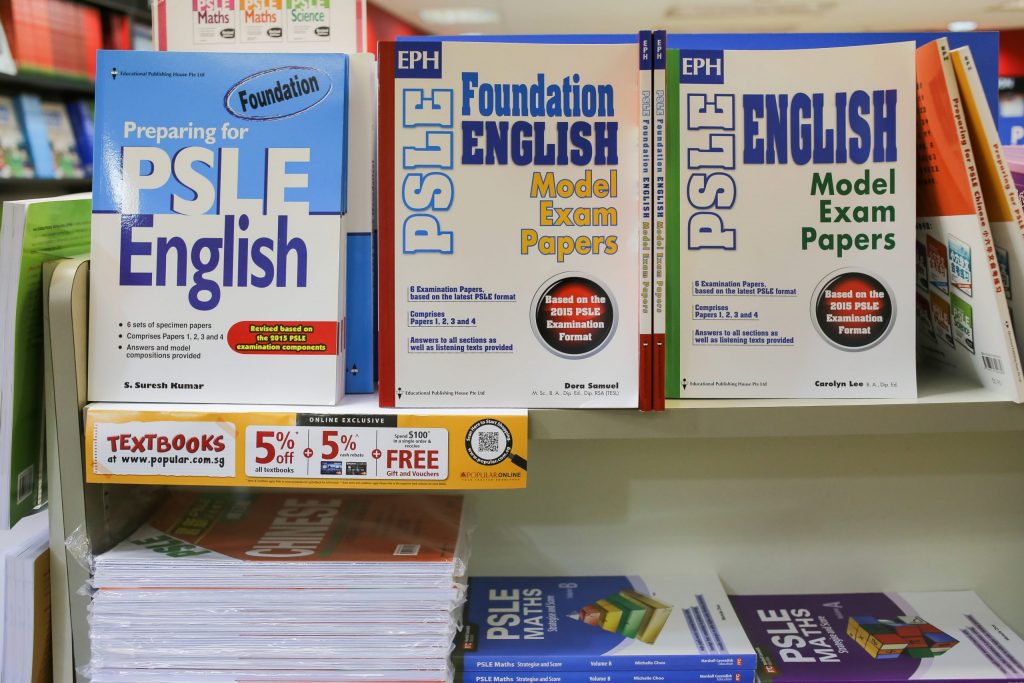Multilingual Global Cities: Singapore, Hong Kong, Dubai
April 30, 2021

Singaporeans are no strangers to the Speak Good English Movement. Launched on 29th April 2001, the Speak Good English movement encourages Singaporeans to write and speak standard English. The movement provides Singaporeans with a plethora of English language resources in a bid to cultivate an environment of good English in the country. In recent years, the campaign has been criticized for attempting to discount and dilute the cultural significance and complexities of Singapore English, endearingly known as Singlish.
In “Origins of Singapore English” (in Multilingual Global Cities: Singapore, Hong Kong, and Dubai, 2021), Professor Bao Zhiming (NUS English Language and Literature) outlines the development of Singapore English throughout the country’s history. He argues that language-related policymaking in independent Singapore was guided by and built on trends that first started in colonial Singapore. Prof Bao asserts that an observable tension arises within the Chinese community as more of its members choose to speak English and Chinese over their heritage languages.
Prof Bao concludes that the development of Singapore English cannot be reduced to a single institution. This highlights the complexities involved in the development of Singlish over the course of Singapore history. He further points out that the lived experiences of people who moved away from their heritage languages and shifted towards English and Chinese form the basis for the English-centric bilingualism that we observe in the modern era.
Prof Bao is also conducting other Singapore English-related research. Funded by the DSO National Laboratories Grant, the project A Tagged and Annotated Corpus of Singapore English aims to build a National Corpus of Singapore English (NCSE). Prof Bao, Dr. Nick Huang (NUS English Language and Literature), and Dr. Tan Ying Ying (DSO National Laboratories) propose that the corpus draws on an extensive range of sources, from interviews obtained from Singapore’s National Archives to informal online written pieces by Singaporeans. The comprehensive collection of Singapore English documents will deepen research on Singapore English grammar, and assist in modifying natural language processing tools to work more seamlessly with Singapore English. This opens a wide range of future possibilities and applications including chatbots well-calibrated to Singapore English and more efficient information retrieval systems in the local context. With NCSE, the research aims to address a gap in the Singapore English environment and provide a stepping stone for further research into Singapore English and vernacular.
Access the book here.
